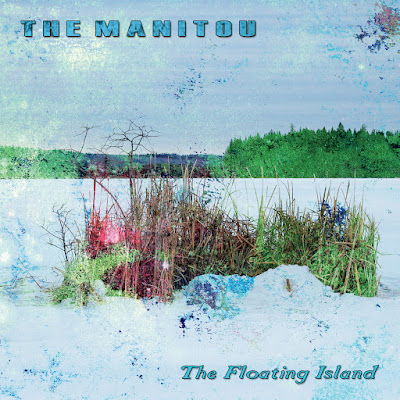2020 marked the 10th anniversary of Let’s Build Mecha! so it seemed like a good excuse to revisit it. I’ve always been happy with the sound quality, and I found the mix reasonable considering my lack of studio headphones or near-field monitors when I made it in 2010. At that time I was using a Logitech 5.1 system with a very clean – but thin – sound, and some Sony earbuds. It was also early days for mastering on my part. I believe I’d discovered the wavehammer compressor in Sound Forge by then, but none of the multi-tracks were summed to a master bus, and the title track was mixed-down with hard clipping instead of compression.
In 2012 I made some alterations – Clockwork Robots was made to run seamlessly into Autonomic, for example – but no real ‘remastering’ was done. The biggest hurdle, ten years later, was accessing the original multi-track files. They were recorded in Sonar 2 and 4 and saved as bundle files: single files containing all the data. Newer versions of Sonar don't play well with bundle files and prefer a project file pointing to a folder containing all the stems. A good comparison would be a zip file vs a folder. So I had to open the files on my old Windows XP machine, ensure all the samples and plug-ins were present, and export them.
A couple of songs needed no tinkering whatsoever, beyond clean mix-downs on a superior DAC and some mastering compression. Others required more care. The e.p. has always sounded clean and crisp to me, but I had to wonder why I'd chosen to EQ so many bass frequencies out. I’ll put it down to inexperience.
The songs that required the most attention were the title track - the most layered song on the album - and the other full vocal track: Production Line. The latter has always fallen a little flat, so I wanted to address that. Another challenging piece was Rust and Bones. The bass guitar always had a ground hum that stuck out like a sore thumb. Having some new tricks up my sleeve, I was able to address it. Another issue with that piece was the sampler I was using at the time, a clunky old horse called VSampler, which I could not resurrect. Each instance had to be replaced with Grace, my current sampler of choice, and the attack/release settings carefully tweaked by ear to match the original.
In most cases, the generic Cakewalk EQ plug-in was replaced with the superior Sonitus Equalizer. Heretofore unnoticed digital hiss on certain samples was carefully tamed. Vocals were brightened, and suppressed bass frequencies were restored. One tiny edit was made on the vocals of Production Line, where a slightly off-key word was replaced by an alternate take from the original session. The final step was to check the dynamic range of each track and adjust as necessary.
A little history. In 2010 my good friend Stevie K. Farnaby was producing a Doctor Who audio drama for Brokensea.org. He had an upcoming episode called Mechalution, which featured a race of sentient machines. He’d heard the music I’d been making with circuit-bent Speak and Spells, etc... and thought the sounds would be perfect for the show: both as music and sound effects. It just so happened that I had a song called Let’s Build Mecha, inspired by Japanese anime, and it fit the concept perfectly. With the script for Mechalution to hand, I set about writing the rest.
I don’t recall any difficulty or writer’s block. The subject matter was so in tune with my aesthetic that I could easily have carried on. In fact the Mechalution storyline was intended to carry on for the rest of the season, but for various reasons Stevie had to halt production. I wrote four more pieces for subsequent episodes (three of which can be found on The Mechanicals e.p.) and two more demos for what would've been the season finale. As of this writing, Stevie is upgrading his studio: so there’s a very real chance there’ll be more Mecha-inspired music forthcoming.
To coincide with the remaster, I've released a promo video for Production Line that was filmed in 2014 but never completed until now.










